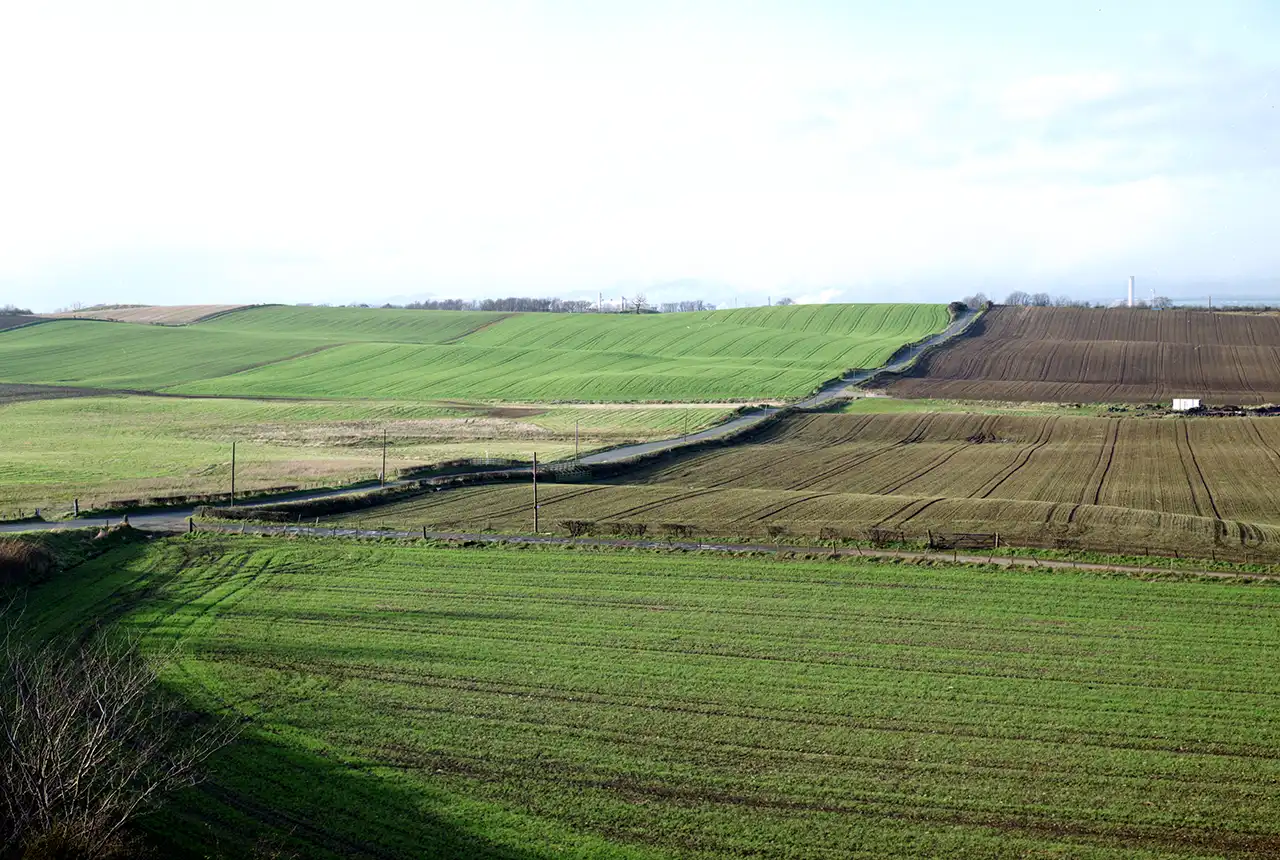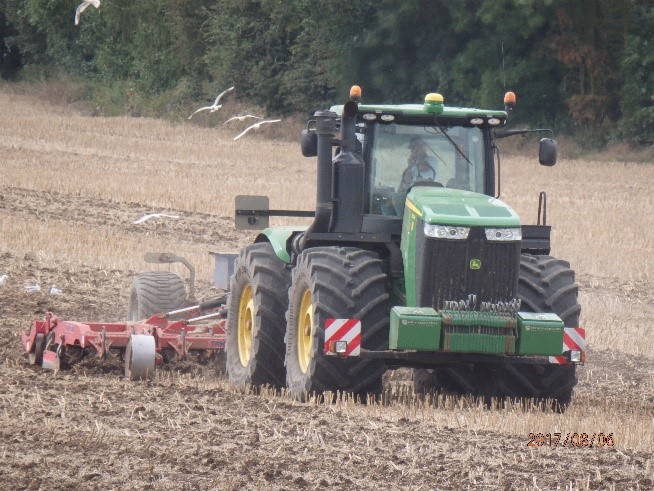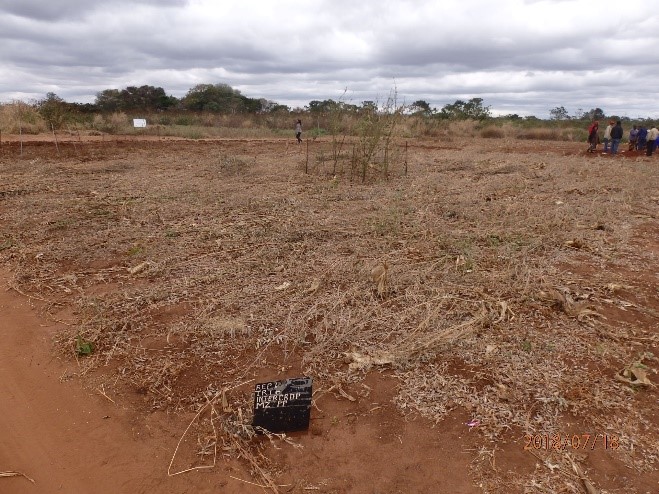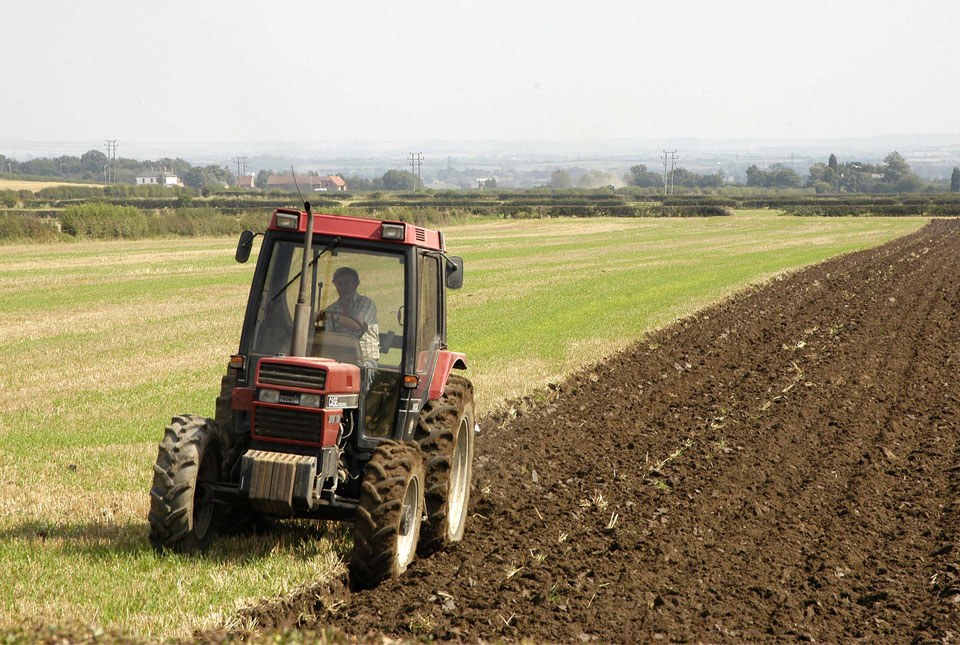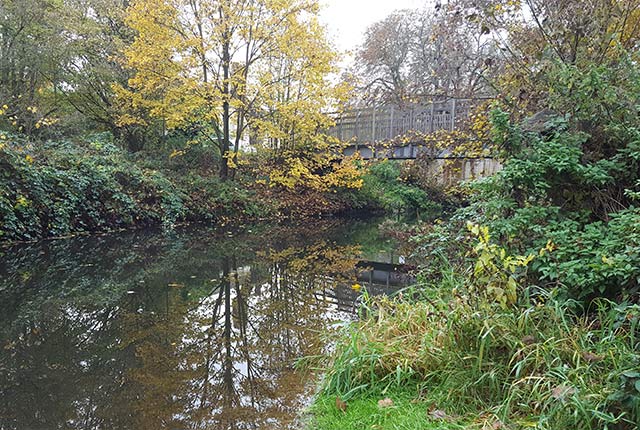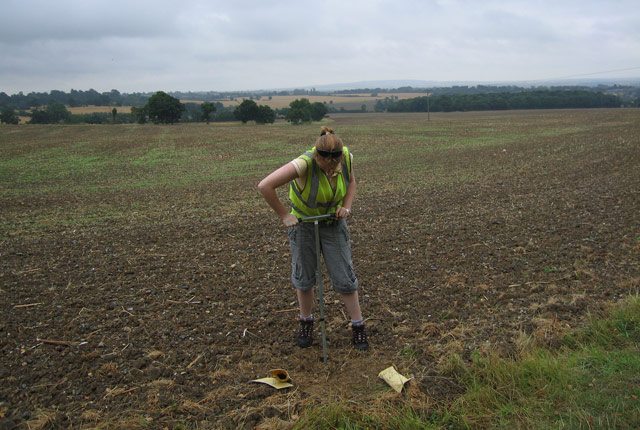Soils are the thin veneer of geology that humans live on. Increasing human populations, changing climates and the intensification in the use of our soils mean that we are in danger of losing or causing irreversible damage to a resource that takes thousands of years to produce. In addition, how we use our soils is a key factor in determining the quality of our ground and surface waters as well as well as the air we breathe.
The soils team at BGS has expertise in soil chemistry, particularly the biogeochemical cycles of major and trace elements, and soil physics, where we focus on understanding soil structure and understanding soil moisture dynamics in UK and African soils. In addition we try to understand these processes in relation to the properties that the soil parent material (the geology) provides the soil, including the lifespan of soils in relation to formation and erosion.
Sustainable soils work at the BGS currently focuses on delivering information that can help the management of soils both in the UK and internationally. We work with a range of researchers, including BGS colleagues in groundwater, at the Centre for Environmental Geochemistry and Health, the mineralogy and petrography laboratories, and externally with HEI establishments and research institutes. Recent and current external collaborators include the Environment Agency and the Welsh Government.
Find out more about our research
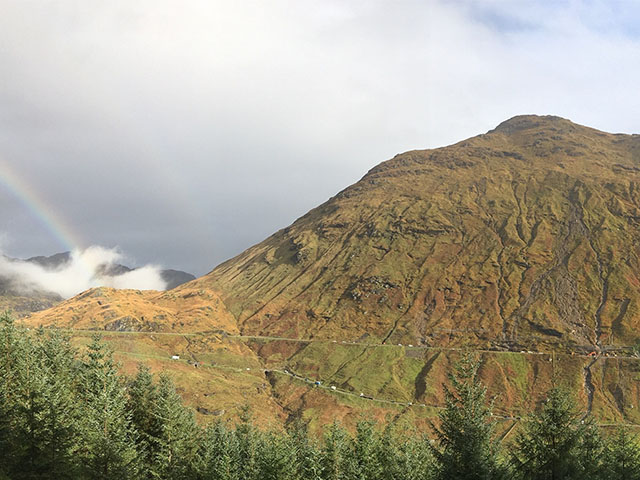
Upland landscape resources
Improving how near-surface geology can be characterised and predicted in upland environments.
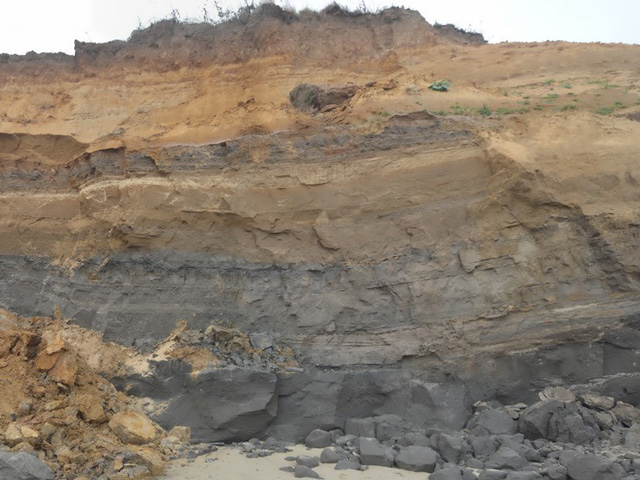
Resilient lowland Quaternary landscapes
Geological processes in the UK during the Quaternary have to varying degrees affected the properties and behaviour of the shallow subsurface geology.
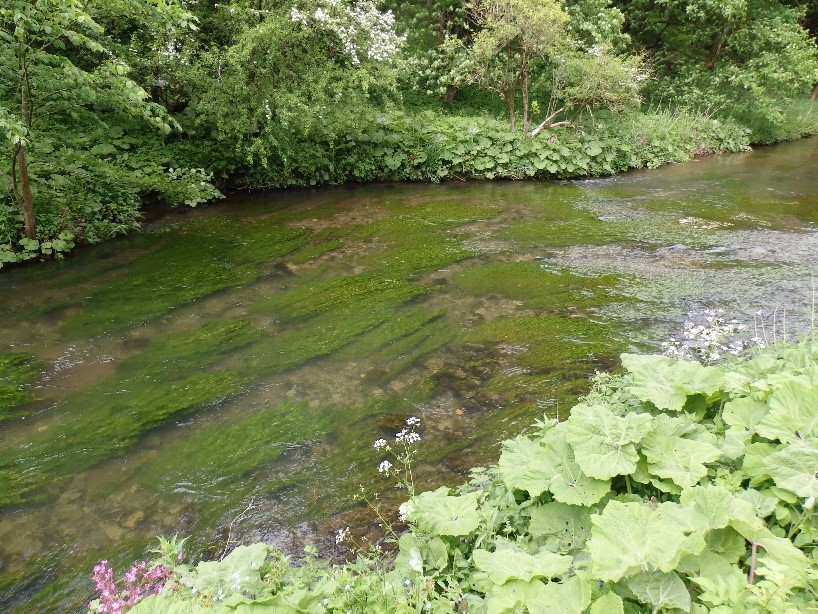
Phosphorus in sediments
Recent work on phosphorus contamination in, and the role of soils on its transfer to, river sediments in the UK.
Our projects

Measuring geochemical hazards
Understanding and assessing geochemical hazards in the environment has been a part of the BGS portfolio of research for over 50 years.
Related news

What is the impact of drought on temperate soils?
22/05/2025
A new BGS review pulls together key information on the impact of drought on temperate soils and the further research needed to fully understand it.
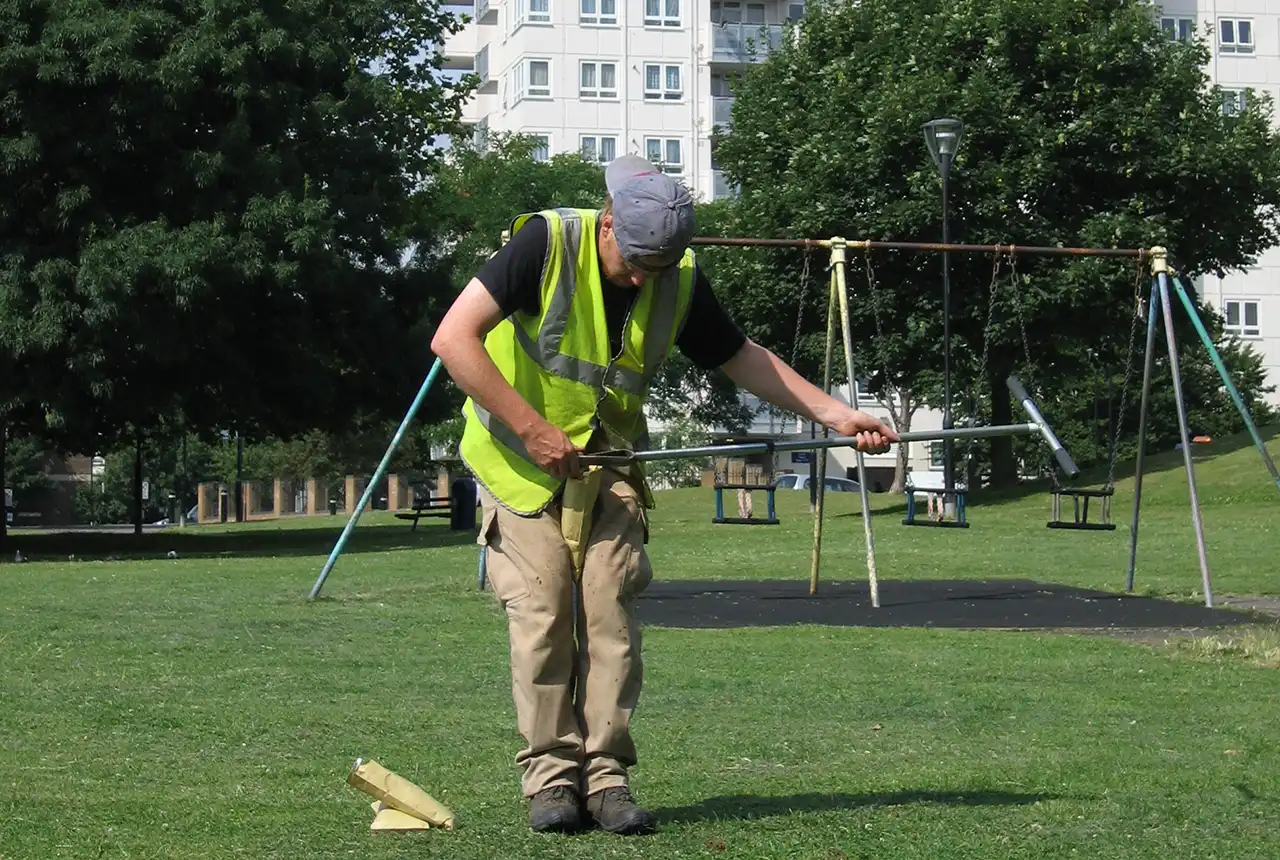
Forty years and counting: new topsoil data provides most extensive snapshot of environmental pollution effects
01/10/2024
Scientists have uncovered clear signs of the impact environmental pollution is having across the country’s soil.
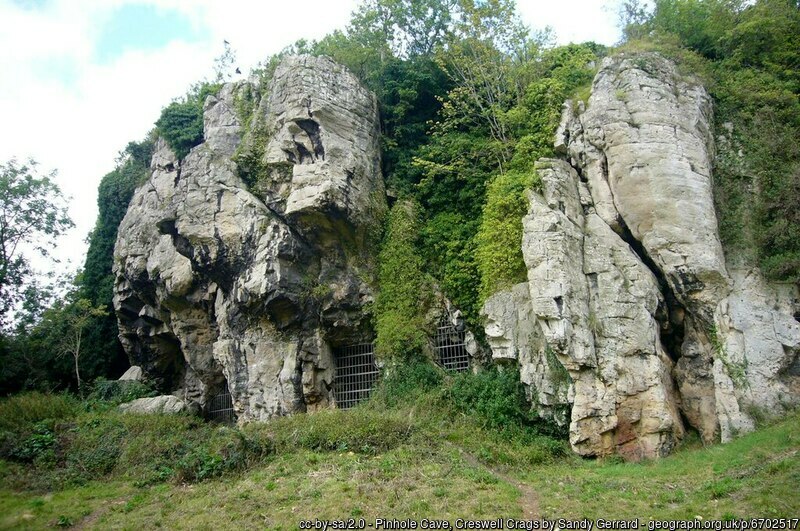
Creswell Crags Museum collections offer insight into the past and future of wolves
12/07/2024
Bones found at the site are helping scientists to understand the diet of wolves and how they differ over time.
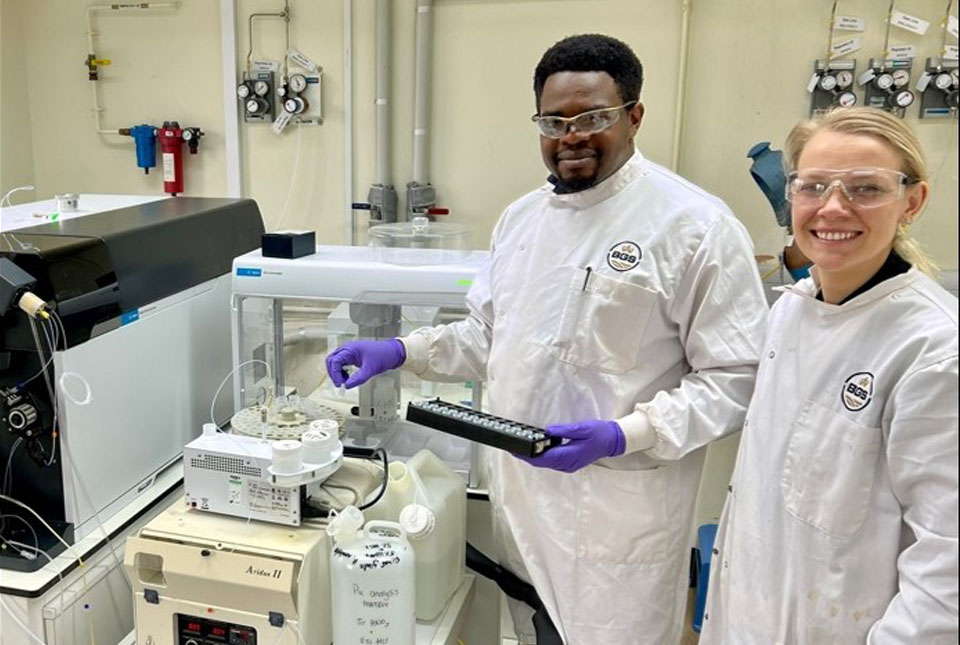
Harnessing global collaboration: UK/Kenya partnership in soil erosion research
31/05/2024
Collaboration between scientists is vital in today’s interconnected world to further scientific progress. In environmental research, issues such as soil erosion demand collaboration on an international scale.
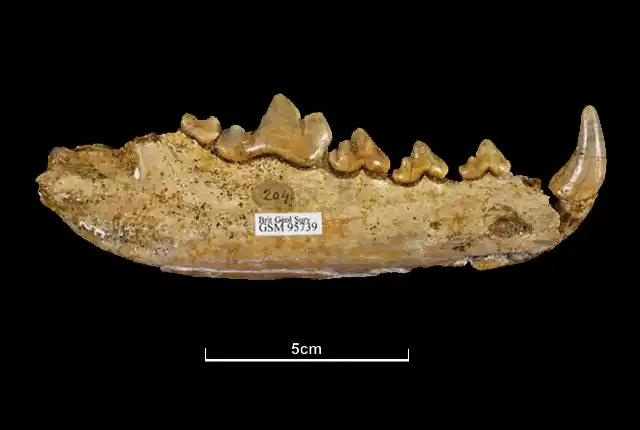
Hungry like a wolf: new insights from old bones housed in the BGS museum collections
18/01/2024
BGS scientists are studying the diets of ancient British wolves and how they adapted to changing environments.
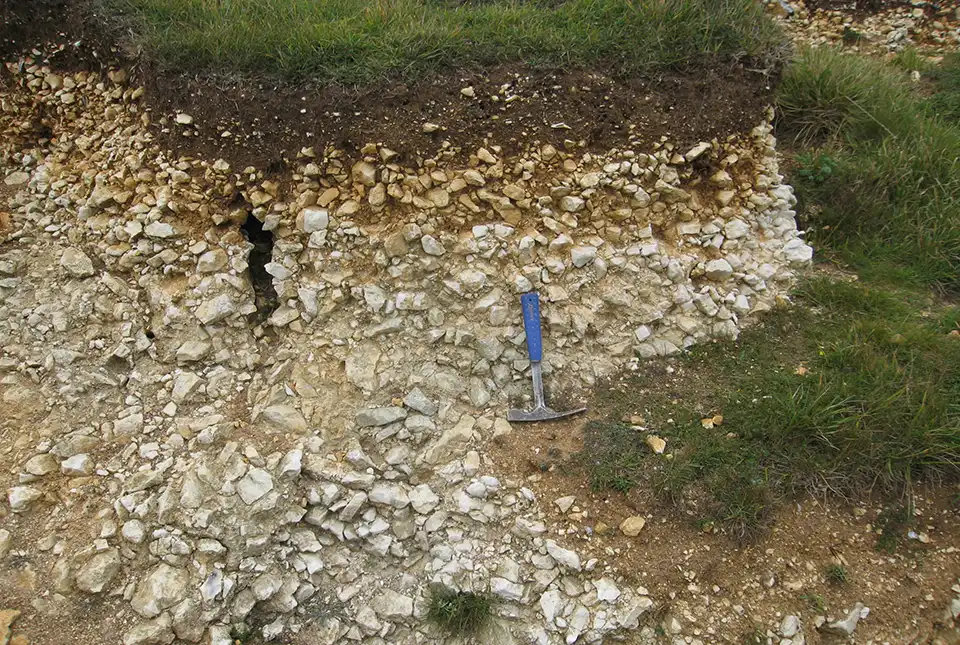
How BGS is helping the farming sector of Great Britain
17/01/2024
New legislation concerning soil management and technology in modern farming has led to an increase in enquiries about BGS’s Soil Parent Material Model.
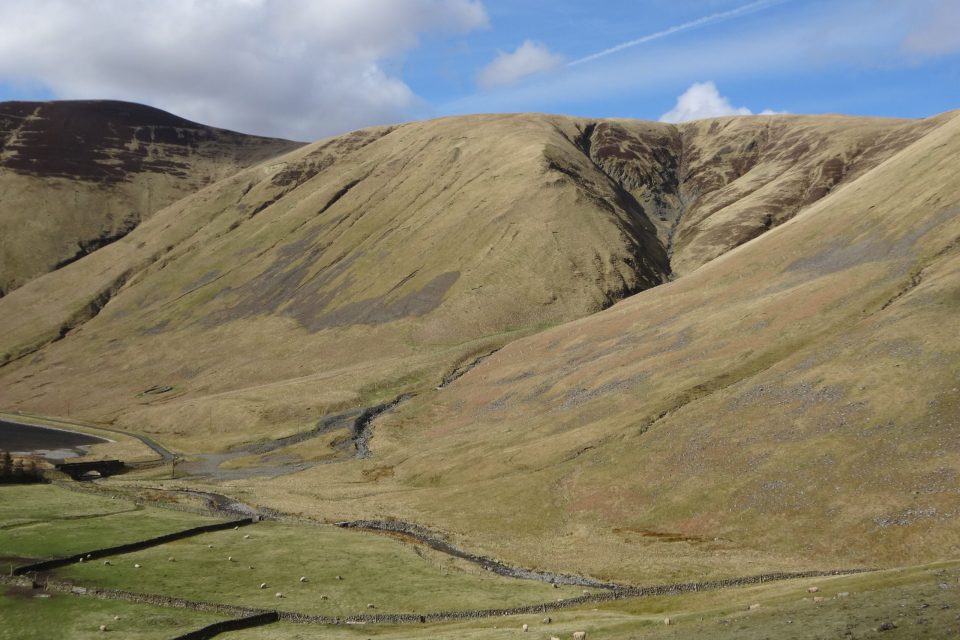
Moving stones: faults, slopes and sediments
12/01/2024
Fractured rock along faults affects sediment movement on slopes with implications for the design of infrastructure.
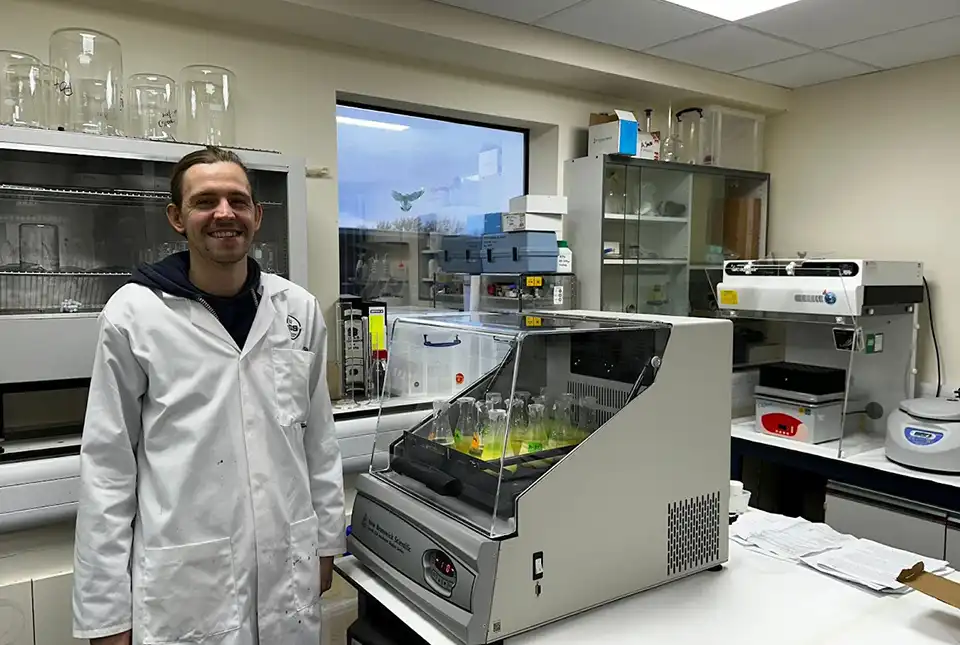
Understanding nutrients in tropical rainforests
11/01/2024
Christopher Bengt talks about carrying out research for his PhD amongst the rainforests and volcanoes of the Philippines.
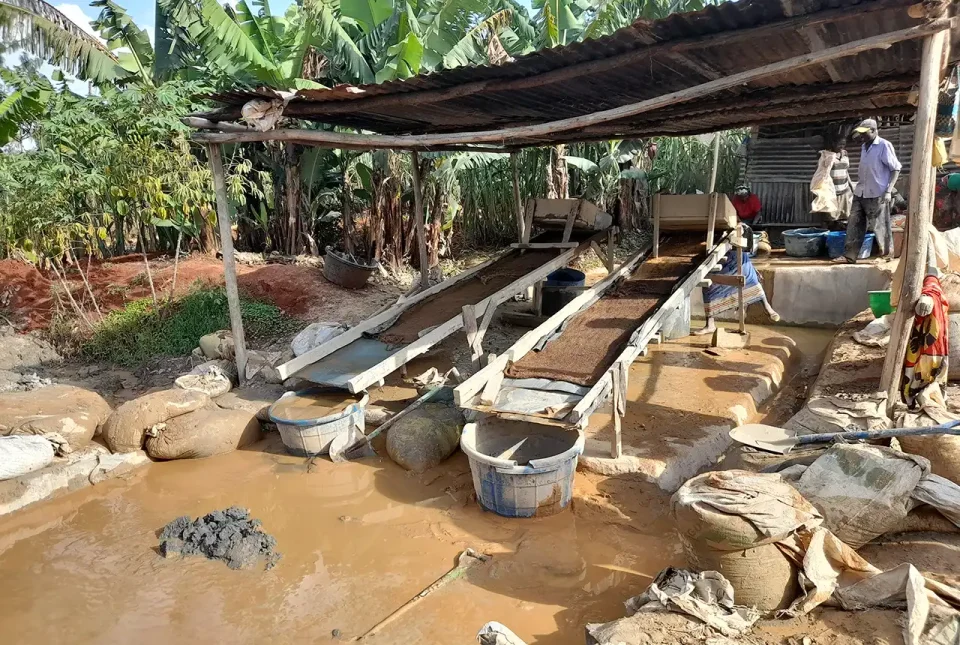
Linking geochemistry and health in artisanal and small-scale gold mining in the Kakamega-Vihiga gold belt, Kenya
09/01/2024
PhD candidate Maureene Auma Ondayo is investigating major and trace element exposure in the environment in Kenya, aiming to reduce exposure of humans to toxic chemicals.
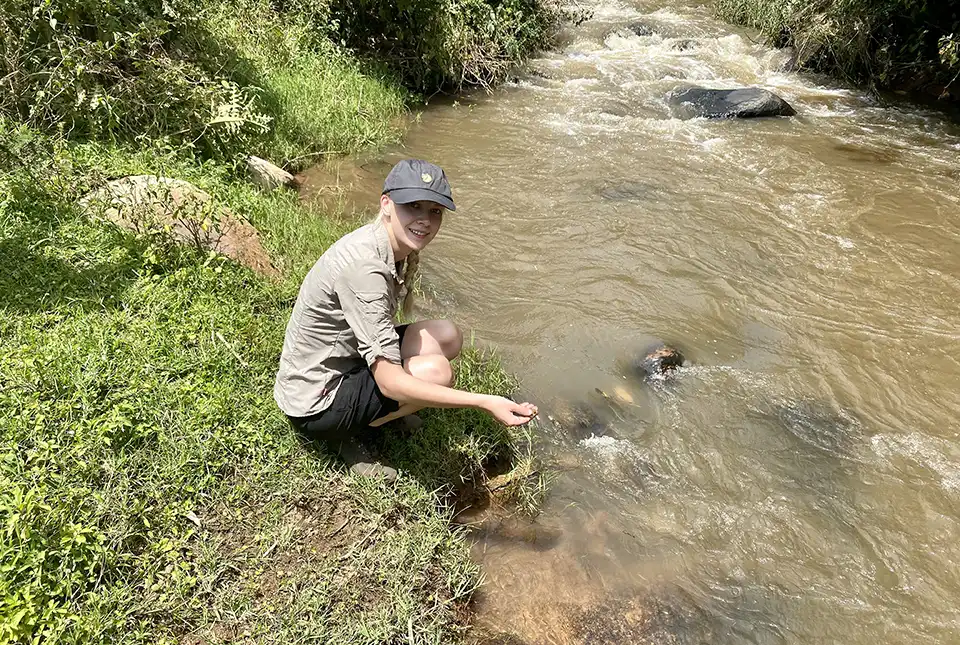
The optimisation of plutonium separation
07/11/2023
BGS research leads to advancements in the detection of plutonium and ultimately the determination of soil erosion rates in tropical soils.
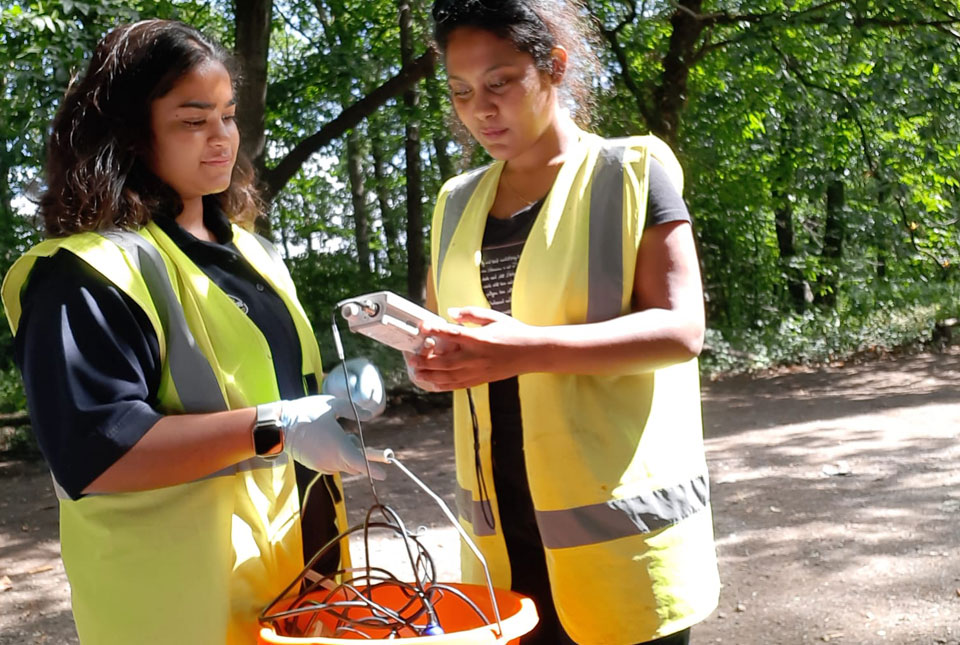
Understanding Nottinghamshire’s groundwater microbial ecosystems
24/08/2023
PhD student Archita Bhattacharyya is undertaking a project focused on exploring the ecosystem of microorganisms in groundwater of England.
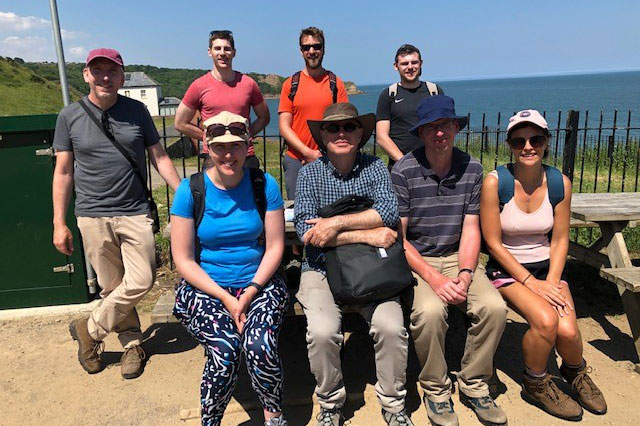
Five places in Yorkshire to assess key geological hazards
21/12/2022
A field trip to Yorkshire has helped our data products team improve their output.
You may also be interested in
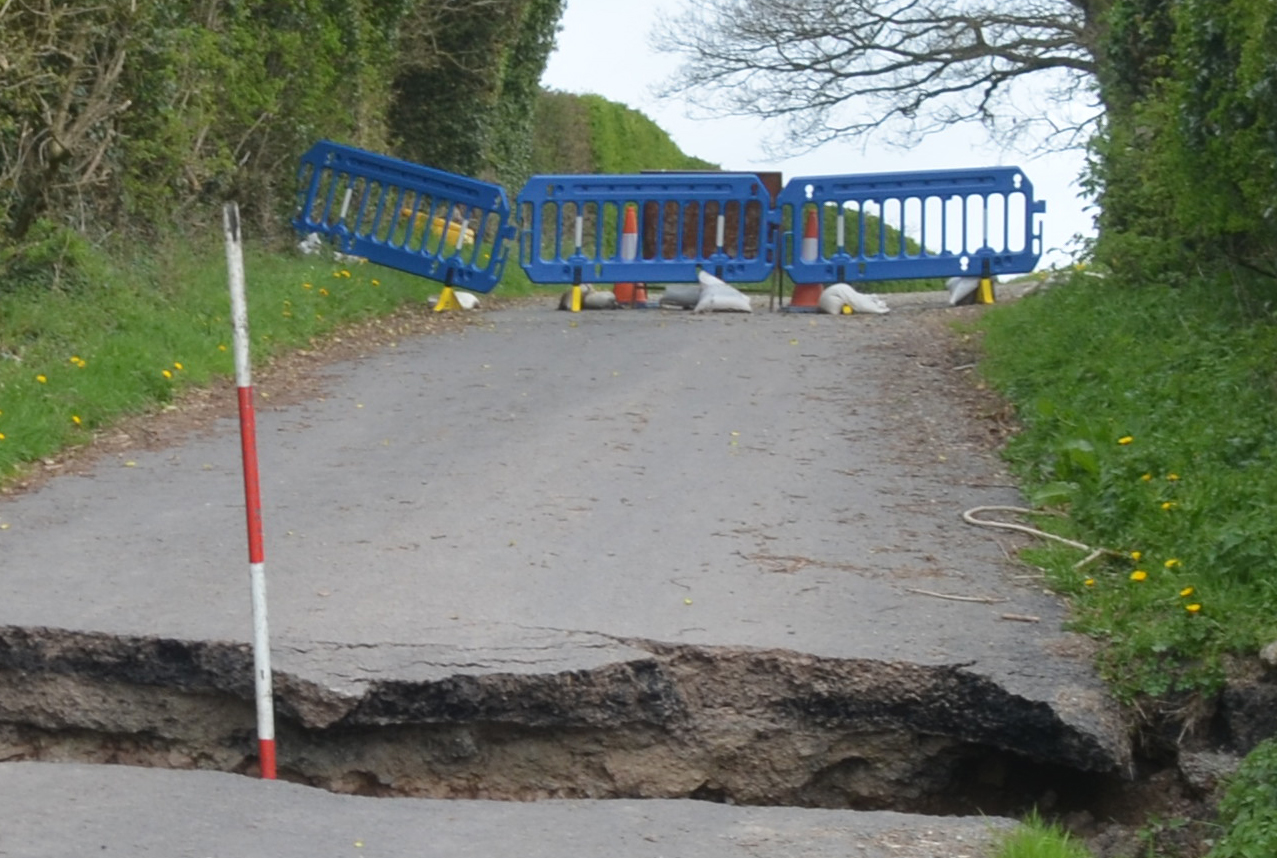
Shallow geohazards
Measuring, recording and analysing near-surface geological hazards including landslides, sinkholes and discontinuities.


